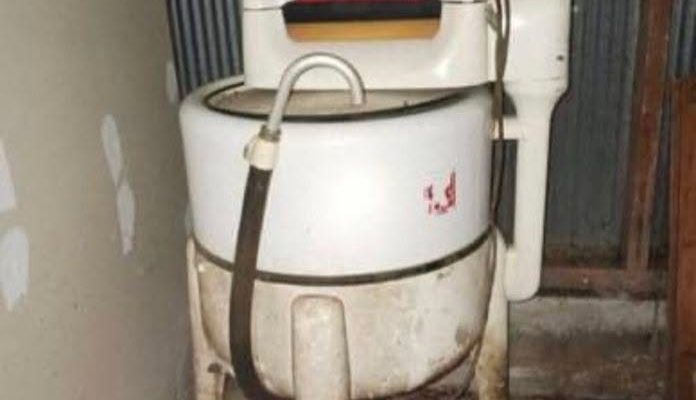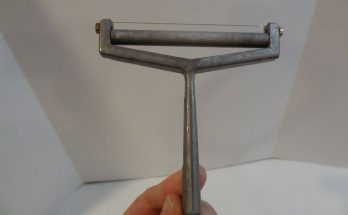For many of us, history is something that we took in school and we probably forgot more about what we learned in the class than what we remembered.
It may not be the favorite subject for all of us, but there are some interesting things that can be learned from it.That includes what we have in this interesting pictur
What in the world is a washroom?” asks Dylan as he walks by sign that says “washroom.”
“And what are they washing in there? Oh, it’s a restroom. The only thing I wash in there is my hands,” he tells his wife. Off-camera, Shelby can be heard asking: “Do you rest in a restroom?”
That’s a good point. They both don’t make much sense,” Dylan adds.
Online users jumped into the comments section, offering their opinions on the term they prefer to use for the sacred room. “It’s called a bathroom, restroom, washroom and toilet,” offers one user.
A second follower said when they were visiting Disneyland, they “asked for the washroom” and they “sent me to the laundromat!”
A third adds, “Wait ‘til he finds out about water closets.”
Water closet
According to Mirriam Webster’s Dictionary, “water closet” is a noun that describes “a compartment or room with a toilet” or “a toilet bowl and its accessories.”
Back in the day, when someone would use the bathroom, it was to take a bath. And when a person used a restroom, it was apparently to rest or get ready for the day by using the sink and mirror.
Lastly, if you needed to go potty, you would use the toilet in the water closet. Depending on where you live in the world, the room that holds the porcelain throne goes by various names including the loo, restroom, bathroom, washroom, lavatory or WC.
In modern days, you’ll often see signage indicating WC in public spaces like airports, restaurants, or hotels. It’s just another way of saying “restroom” or “bathroom” but is often associated with a more formal or universal sign in places catering to international travelers.
History of the WC
Before the 19th century in America, indoor toilets were a luxury, reserved primarily for the wealthy. Most people used outhouses or other outdoor facilities for their sanitary needs. While homes often had “bathrooms” for bathing, these rooms typically didn’t include toilets. The widespread installation of indoor plumbing began in the late 19th century, with the advent of the water closet by 1890. These rooms housed the toilet separately from bathing spaces.
It wasn’t until the early 20th century that the modern bathroom, combining both bathing facilities and toilets into one integrated space, became common.
While combining toilets and bathtubs in the same room was a practical solution for saving space and simplifying plumbing, this arrangement did reduce privacy, especially in shared spaces.
Since, the term “water closet” evolved to refer to a small, enclosed room within a larger bathroom, dedicated solely to the toilet. These water closets often include a small sink for handwashing, making them self-contained and convenient.
Attempting to demystify the water closet, online users shared their opinions on Reddit in a post called, “Why is a public WC called bathroom if there is [no] bath?”
Responding to the message, a Redditor writes, “Americans might similarly ask: ‘Why is it called a WC (water closet) if it isn’t even a closet?” the comment continues to explain that a “bathroom” or “restroom” is the “preferred US euphemism for ‘room with toilet,’ whereas other places use ‘WC,’ ‘lavatory,’ ‘loo’ etc.”
“In Russian it’s ‘a room without windows’ even if there actually is a window,” shares a third while another adds, “In Esperanto, it’s necesejo, or ‘necessary place’”
Meanwhile, other Redditors discussed washroom versus bathroom and restroom.
“Canada famously uses Washroom,” says one netizen while another clarifies, “I’m from the midwest, and washroom is fairly common here. Bathroom or restroom are probably used the most though.”
“Best one, I think. You should be washing in there,” adds another. “…not resting.”
e.


